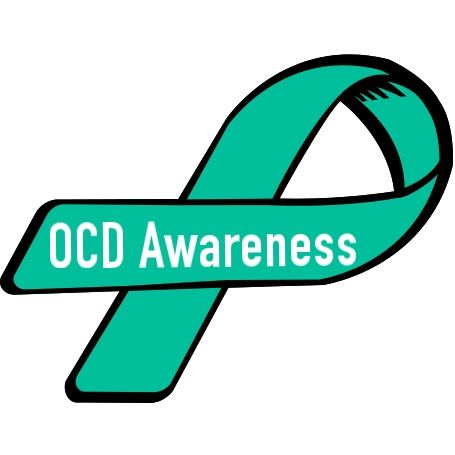The concept of Artificial Intelligence (AI) has been widely regarded as one of humanity’s greatest inventions. Over the last decade or so, it has brought an abundance of possibilities to the world of technology. Nonetheless, it may pose a threat to society in various ways.
One of the major concerns surrounding AI is the potential decrease in employment opportunities. When AI is introduced in certain occupations, there is a vast decrease in the demand for workers. According to Bethany Cianciolo and Jessica Chia, some of the fields that will be affected the most by it are medicine, law, and education.
In addition to this, tasks that were once time-consuming and require a lot of labor are now controlled by AI technology, allowing for costs to be significantly reduced. This initially may seem advantageous, but in the long run, it could bring negative consequences.
A report by the McKinsey Global Institute shares that around 15 percent of the workforce around the world will be deeply affected by AI from 2016-2030. This study further highlights how daily tasks are particularly vulnerable to automation, leading to a shift in jobs.
While it is true that AI can speed up efficiency and productivity, the quality of the jobs it takes on could be decreased. The emphasis on efficiency and cost-cutting measures may prioritize the speedy completion of certain duties over the quality of the work itself. As a result of this, serious problems could arise with the products being produced by AI.
A noteworthy instance of this could be observed in an article by Catherine Thorbecke. She calls attention to the difficulties Neil Clarke, an editor and publisher, has had with the contribution of AI to his online submission form for his science fiction and fantasy magazines. Clarke was eventually forced to close his form due to low-quality submissions, which were created by AI.
With the growing pervasiveness of AI, there is also an increasing concern about it being used for malicious purposes. An example of this would be through deepfakes. The Merriam-Webster dictionary explains that a deepfake is an altered photograph or video which falsely portrays someone as saying or doing something that did not actually happen.
When deepfake technology becomes more accessible, the misuse of it evidently rises. Deepfakes have been used to create fake news or to change the statements of prominent figures, leading to the spread of misinformation. As noted by Dave and Alexander Johnson, this is particularly done through the application of neural networks that use a face-swapping method.
The role of AI in the creation of deepfakes has raised extreme ethical concerns. Deepfakes can be utilized to create deceptive narratives, manipulate public opinion, and potentially cause harm to individuals’ reputations. While the false allegations against someone could be refuted, the damage may prove to be irreparable. Ashish Jaiman emphasizes that it may be impossible to repair the harm done.
The solution to the ever-growing problems surrounding AI is obvious: reduce the amount of AI machines in various areas of the world. While they may be useful, it would be for the benefit of workers if they were allowed more job opportunities. The decrease in the use of AI would also aid in eliminating concerns surrounding the exploitation of it.
























